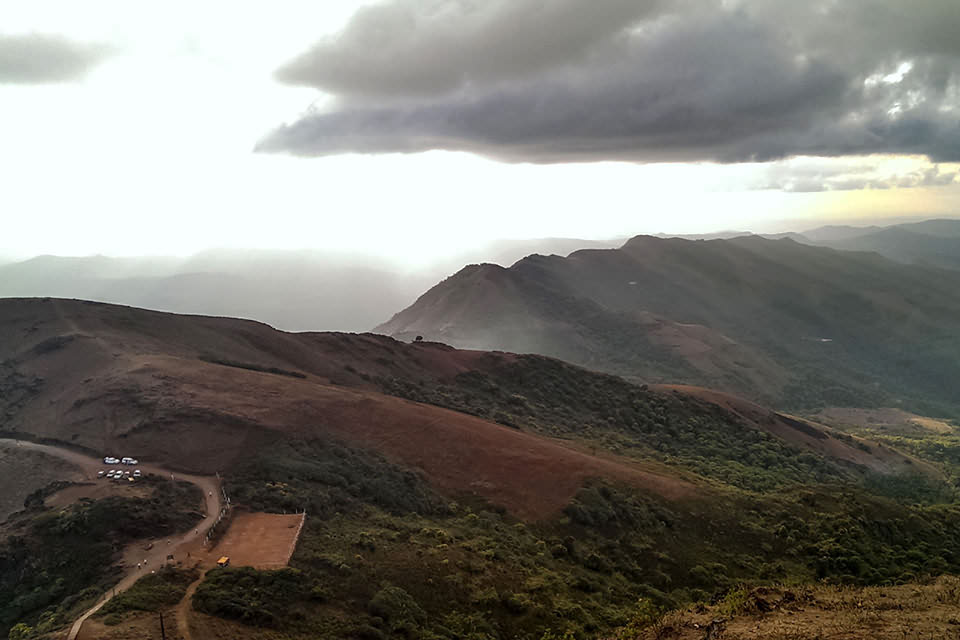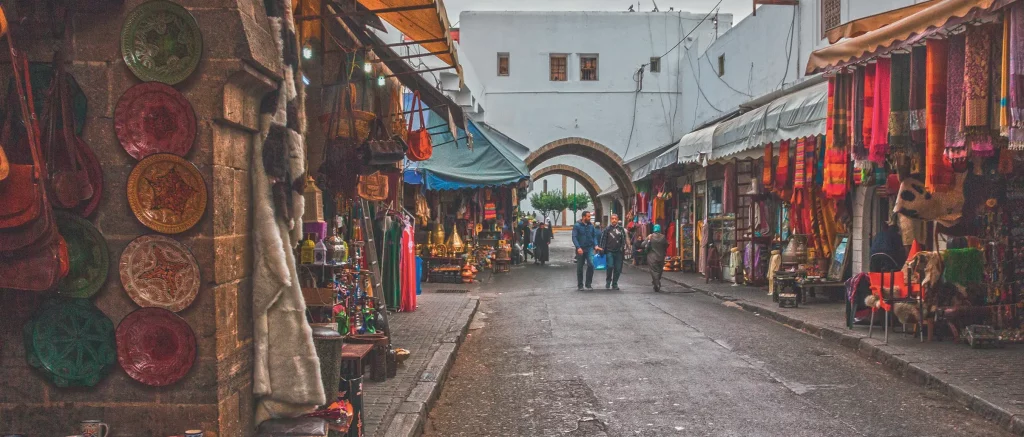With the increase in awareness regarding global warming, the safety of our environment, and more and more rise in the green practices across the world, the latest trend in tourism has been about eco-friendly and sustainable tourism. However, to promote sustainable tourism, one must know what sustainability really means and how it can be implemented while travelling.
The general definition of sustainability is ‘meeting our own needs without compromising the ability of future generations to meet their own needs.’ Hence, sustainable tourism is nothing but a form of tourism that meets the needs of tourists, the tourism industry, and host communities today without compromising the ability of future generations to experience the same.
Karnataka not only offers you adventurous or religious places to explore but the recent trend of sustainable tourism is easily possible in the state. From staying within the coffee plantations to vegan-friendly properties, from conservation of heritage to tiger reserves, every experience of tourism in the state is a definition of sustainability.
Some of the ways you can experience sustainable tourism in Karnataka as follows:
Home Stays or Plantation Stays
The best way to switch towards sustainability while travelling is to choose a sustainable place to stay. Staying in star hotels, resorts and luxury apartments have become a thing of the past. Rarely are these hotels and resorts sustainable in their approach towards anything, be it the environment, economic planning or social impacts.
However, a homestay or a plantation stay offers you to live within the rules of sustainability as they are affordable, do not need a lot of management, feel at home and are environment friendly. With greenery around, home-cooked food and personal space for the travellers, there are many homestays and plantation stays available in Karnataka and have become one of the favourites for sustainable tourists.
Jungle Lodges by the Government
To conserve the environment through forests and national parks, the government of Karnataka has made sure that not many private lodges or commercial hotels are set up within the forests of Karnataka as they disturb the peaceful living of the fauna inside with their environmentally unfriendly practices.
Hence, for tourists who really interested in experiencing the wildlife of Karnataka and explore the jungles across the state, they have set up jungle lodges within the areas from where you can check out the flora and fauna, go trekking within the jungles and experience some adventure sports, and all keeping in mind the effects of the activities on the environment. Firstly, the lodges are eco-friendly, and secondly, they don’t put a hole in your pocket! They go with the concept of both ecotourism and sustainable tourism.
Heritage Conservation
Not just staying in eco-friendly & economical places comes under sustainability, but getting involved with the local culture and heritage and promoting them is also a prominent part of sustainable tourism. Hence, heritage conservation is a field that many sustainable tourists look forward to and many upcoming ones can explore.
Visiting old palaces and forts comes under heritage conservation. Converting them into major tourist attractions or a hotel to welcome more and more tourists helps conserve the heritage of that destination. Keeping this in mind, Karnataka proves to be a hotspot in Southern India for heritage conservation. The state has many famous palaces and forts that provide you with rich culture and history behind them from which the tourists can keep alive the heritage of the place along with promoting it.
One can visit one of the most famous palaces of Karnataka- the Mysore Palace which attracts thousands of tourists every year (let alone the pandemic). Besides, there are Tipu Sultan’s Summer Palace, Bidar Fort, Chitradurga Fort and many such historical sites to explore.
Other than these three techniques to promote sustainable tourism in Karnataka, there are a variety of ways to play your part through staying in vegan-friendly properties, visiting the tiger reserves and the scenic national parks, taking part in eco-friendly adventure activities, and socializing more and more with the local community. So what are you waiting for? It is finally your time to become a sustainable tourist!





